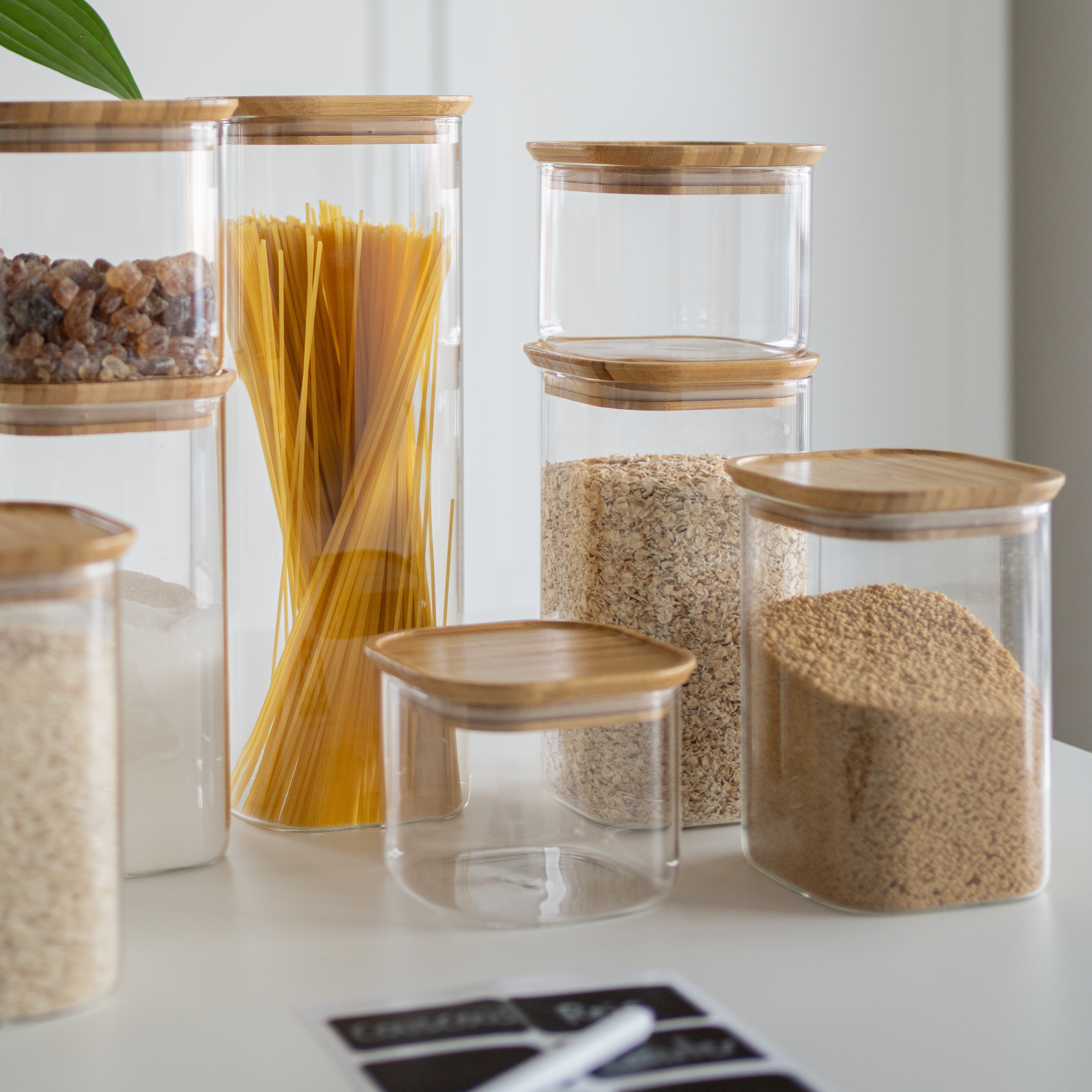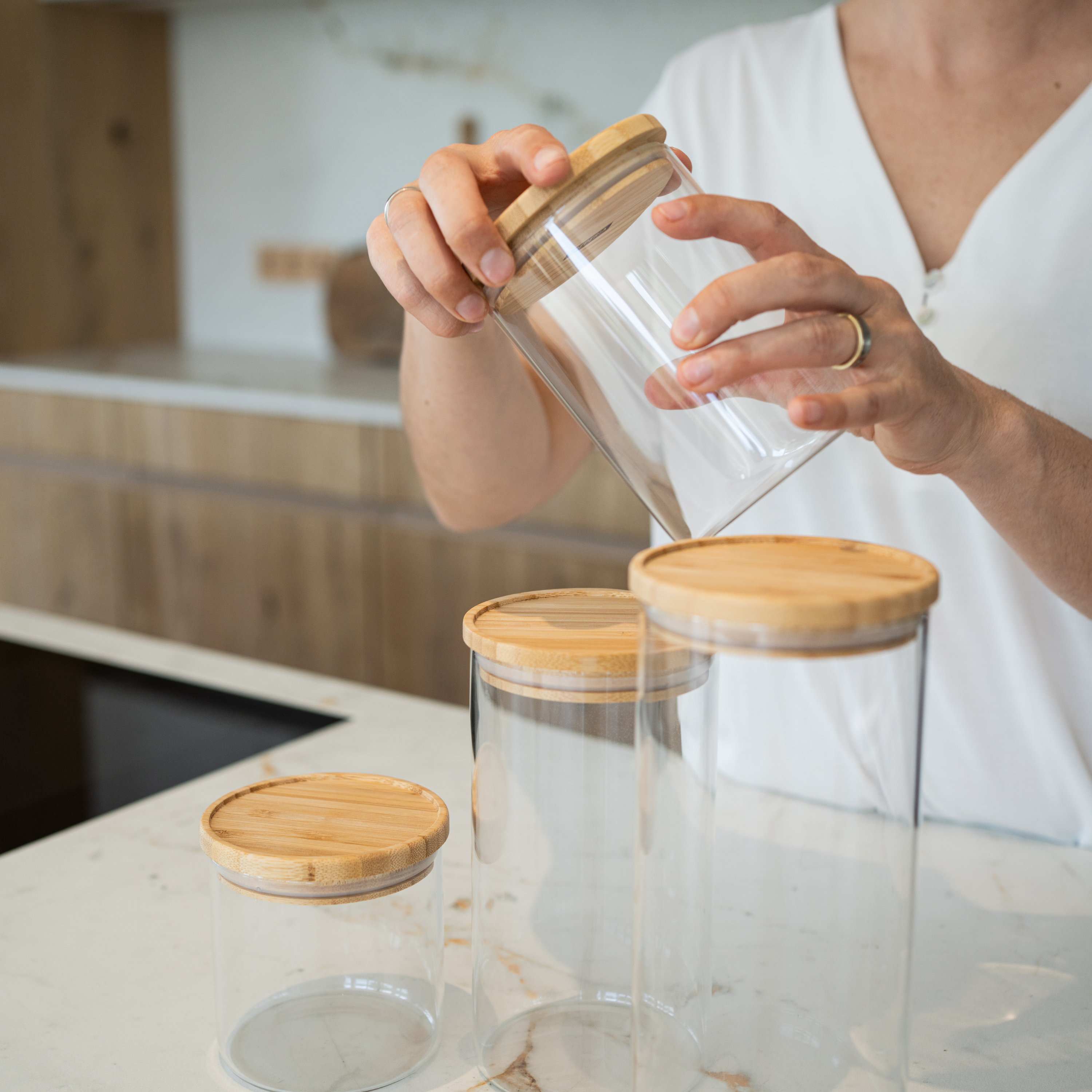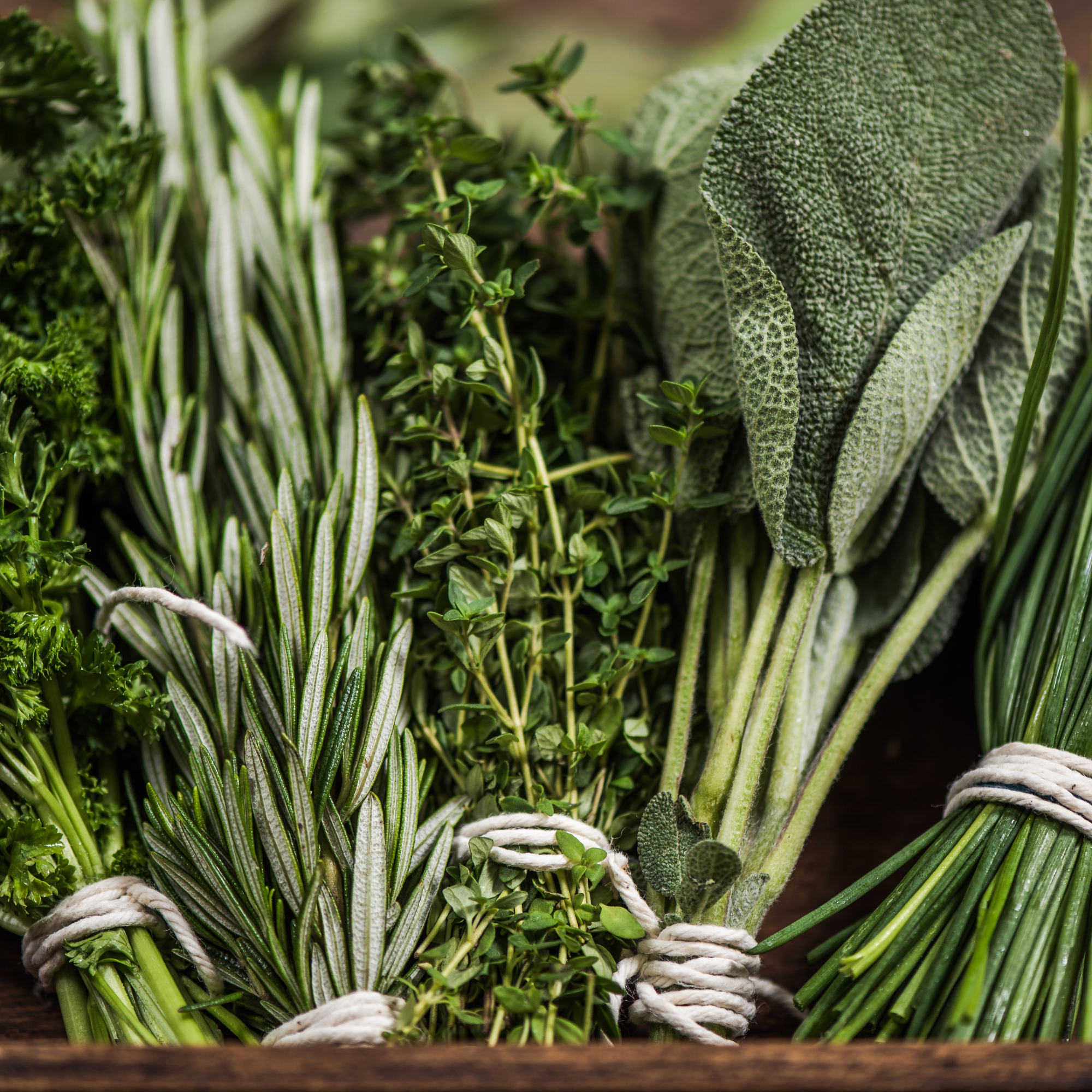Storing leftovers from the previous day or lunch for work and university in a food storage tin is very practical. The storage containers not only keep food fresh for a long time, but are also ideal for everyday use.
The only problem is that plasticizers are often used in the production of these storage containers, which can be harmful to health.
Find out here what BPA-free actually means, what advantages and disadvantages it has and what you should bear in mind.
What actually is BPA?
The abbreviation BPA stands for bisphenol A and refers to a chemical that is often used in the production of plastics. Nowadays, more and more BPA is being used as it makes containers lighter and easier to handle than glass items, for example, which are more fragile.
It is often used in the manufacture of microwave dishes, receipts, drinking bottles and storage containers.
Why BPA is so dangerous
However, it has now been discovered that bisphenol A has a hormonal effect on us, so an increased intake of BPA can lead to cancer, cardiovascular diseases, liver problems and diabetes, for example.
In Germany, this chemical is not yet banned, it is only stated that a daily amount of 4 micrograms per kilogram of body weight is still tolerable in the human body.
Since BPA disrupts the hormone balance, it could cause long-term damage, especially to children in the developmental phase.
Items with BPA should therefore be avoided for daily use.

BPA-free cans: what you should know
If you're looking for storage containers to store your food or need food storage containers to take your lunch to work and university, you're probably wondering which containers are best for you.
Lunch boxes, drinking bottles and food storage containers are no longer just used by children at school. In fact, adults are now also benefiting from the meal prep trend and attaching importance to a controlled, balanced diet.
If you care about your health as well as the environment, there are a few alternatives to cans containing BPA that store your food at least as well.An overview of the advantages and disadvantages
A major advantage of products containing BPA is that they store food or drinks quite safely. Cracks or fissures rarely occur in such products, as the chemical BPA is used in their manufacture.
This means that the plastics rarely break and can be used well, especially by small children.
However, when considering the effects on the human body, many people tend to opt for alternatives that are BPA-free.
Many alternatives are now quite robust and can be used well in everyday life; for example, they are often dishwasher-safe, easy to clean and quite durable.
In any case, with BPA-free plastics, you no longer have to worry about hazardous substances coming into contact with your food, but can store your food in such containers without any worries.
BPA-free food storage containers - what you should know about alternatives
If you often use storage containers in everyday life and want to keep your food safe, you should take a good look at the range of containers available
.There are food storage containers made from various materials such as glass, stainless steel or wood. Each material has its advantages and disadvantages; some alternatives are absolutely germ-proof and airtight, but heavy and fragile, while wood is light in weight but cannot be completely sealed.
It all depends on how you want to use the containers; if you are primarily using them for your children, you should choose alternatives that are easy for children to handle and not too heavy.
Finding the right BPA-free products is no longer so easy as the plastic is used so frequently. However, there are many ways to inform yourself and ultimately find a good alternative that is durable and a real help in our everyday lives.





